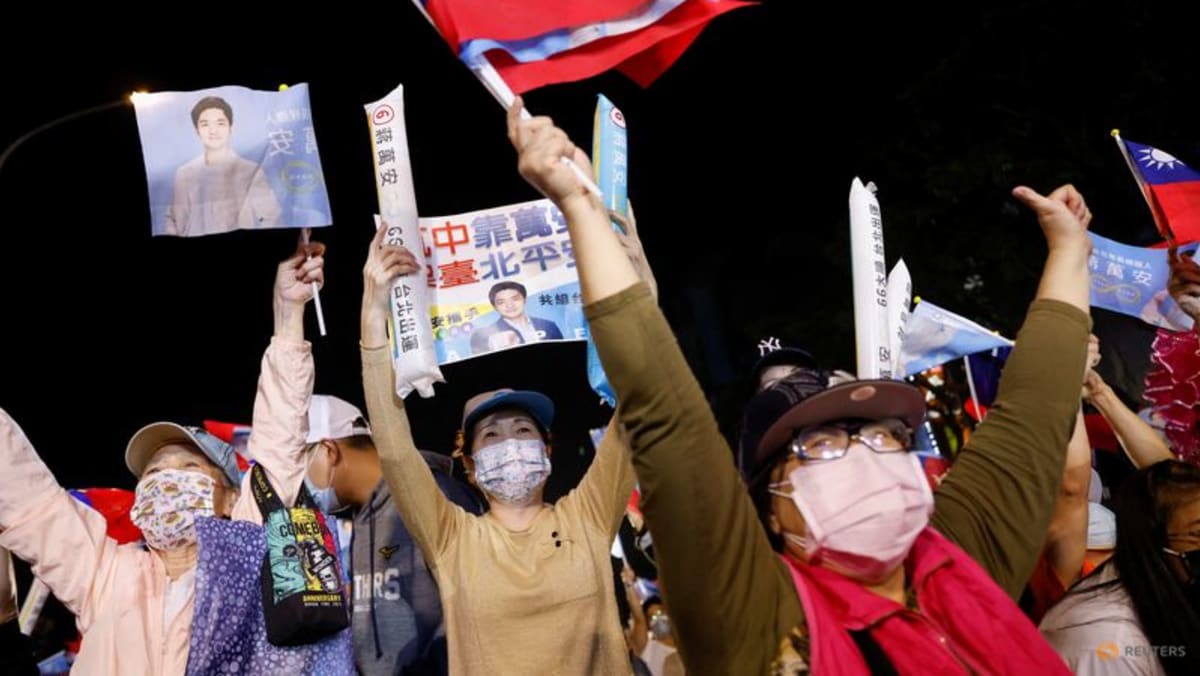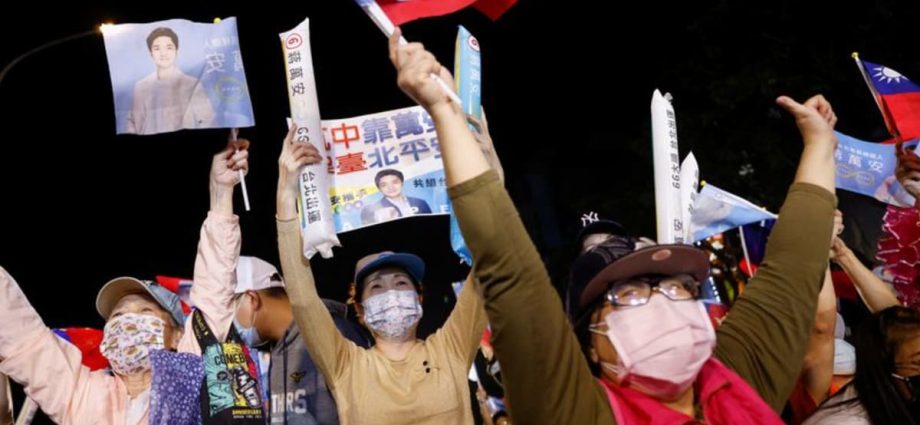
During that period, the DPP administration had obtained US approval to acquire eight diesel electric submarines. However, the budget for this acquisition was unable to pass due to the KMT-led pan-blue majority in parliament. Therefore, the composition of the Legislative Yuan bears watching as well.
2024 ELECTION HAS BEARING ON CROSS-STRAIT TIES
Due to Taiwan’s strategic location within the so-called “first island chain” and its status as a potential flashpoint between the US and China, the outcome of the 2024 election in Taiwan will have implications for both cross-strait ties and US-China rivalry.
Lai, for example, has emphasised his commitment to upholding President Tsai Ing-wen’s “status-quo approach” to cross-strait relations, as well as her efforts in strengthening US-Taiwan relations and fostering ties with democratic nations worldwide.
He has also expressed his intention to enhance Taiwan’s self-defence capabilities, stressing that true peace can only be achieved by being able to defend oneself with strength.
Despite Lai’s repeated assertions on preserving the status quo, it is likely that Beijing will maintain its assertive stance towards Taiwan under a Lai presidency.
Hou, on the other hand, is likely to receive a more positive response from Beijing as he represents the traditionally China-friendly KMT. However, his foreign policy and national security platform is still being fleshed out.
While he has publicly rejected both the “One Country, Two Systems” formula and Taiwan independence, he has yet to comment on the 1992 consensus that former president Ma Ying-jeou (2000 to 2008) committed to, which states that both sides of the Taiwan Strait belong to one China.

